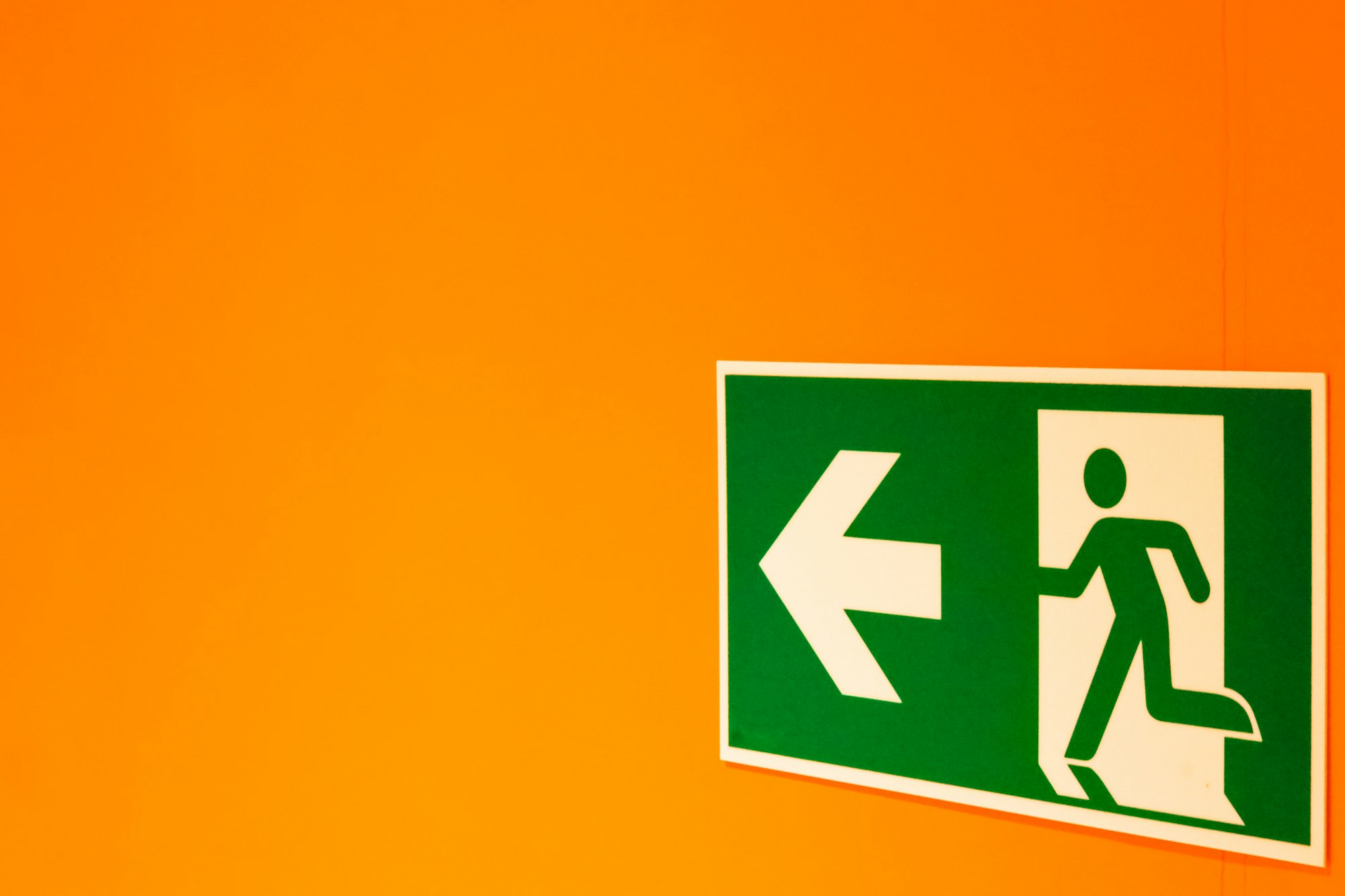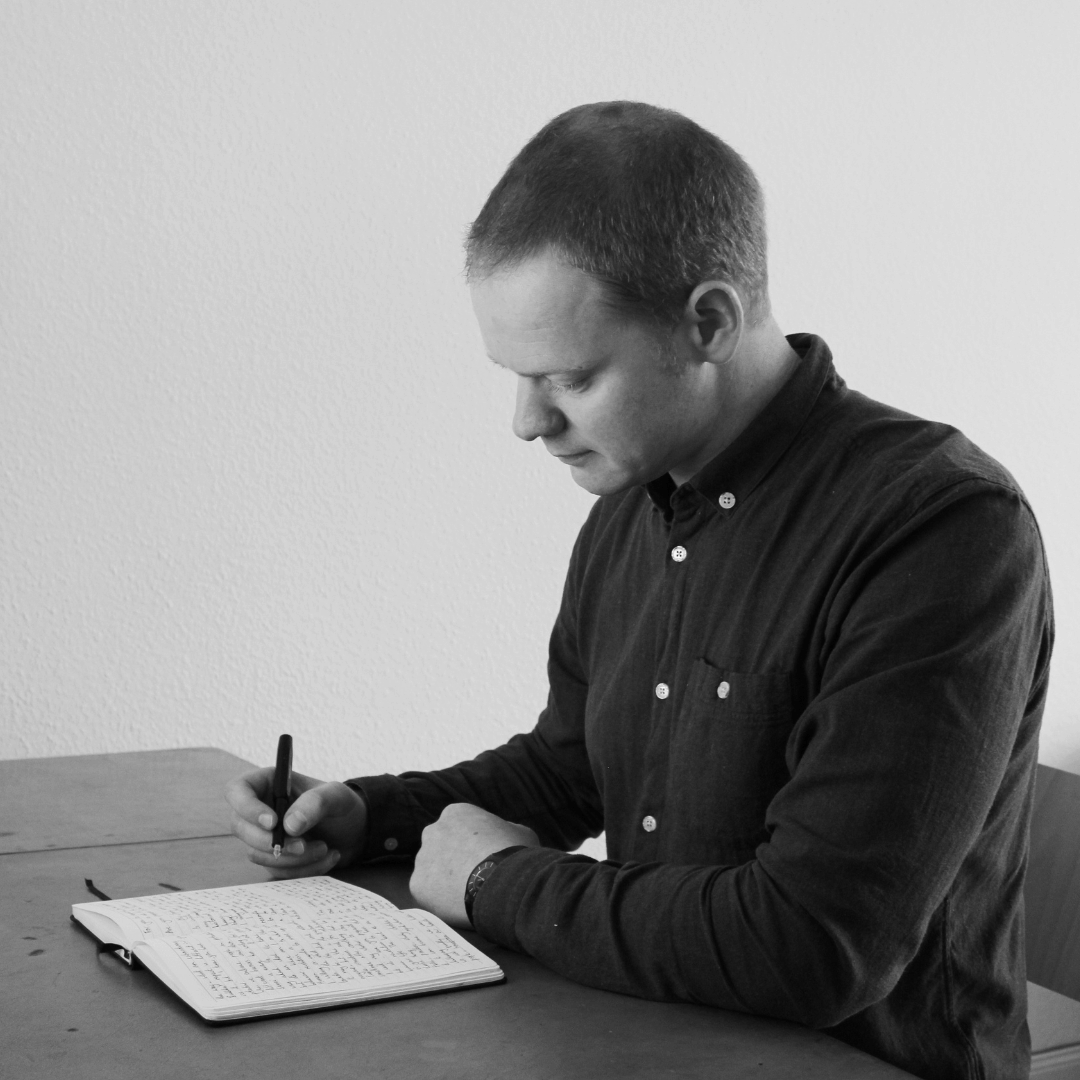The Link Between Stress and Anxiety: Key Insights for Mental Wellbeing
Understand the vital links between stress and anxiety.

Everyone feels anxiety from time to time. Likewise, stress — our response to excess pressure — is, for many, a daily component of modern living. In the face of life’s competing demands, few people will get through a week without experiencing some stress or anxious feelings.
Defined as a feeling of worry or unease about something with an uncertain outcome, anxiety is a normal part of the human condition. In fact, it’s an essential survival mechanism.
We all need to experience a degree of anxiety at times.
Anxiety motivates you to:
Act upon concerns, avert careless decisions and avoid dangerous acts. In other words, it’s designed to keep you alive.
You may feel anxious before an important event, such as an exam or a job interview, or when you sense some threat or danger, such as hearing strange sounds in the night.
You’d expect to experience some symptoms of anxiety — for instance, sweatiness, racing pulse, shallow breathing and a dry mouth — as it helps to alert you and get ready to act.
Even positive developments — such as getting married, going on holiday or moving house — can cause uncertainty. Yet everyday anxiety tends to be occasional, mild and brief. It wanes once an action has been taken and the situation has been dealt with.
If you suffer excess anxiety, the frequency, intensity and duration of your symptoms will last longer — up to hours, or even days.
Anxiety takes various forms. It might:
- Jump out of the blue as paralysing fear (panic attack),
- Lock attention with frightening flashbacks (post-traumatic stress disorder),
- Rear its head in response to specific objects or situations (phobias),
- Creep in and crush personal freedom (obsessive-compulsive disorder), or …
- Just hang around like a dark grey cloud of worry (generalised anxiety)
Whatever shape it takes, living with stress and anxiety encourages the avoidance of the very fears we need to face. These conditions are signs you might be taking on too much, not looking after yourself and not coping as well as you would like to.
Whilst this is nothing to be ashamed of, suffering in these situations is a limiting way to live.
So how can we usefully understand anxiety?
Stress: The gateway to anxiety
To understand anxiety, we first need to understand stress. Anxiety and stress are closely connected in two ways:
- Anxiety arises in response to excess stress.
2. The human fear response to a modern world.
Anxiety: A response to excess stress

Stress is your body’s response to anything that requires attention or action. It’s nature’s way of helping you rise to the tasks in front of you.
Imagine you undertake a new challenge, e.g. starting a new job.
At first, you might feel taken out of your comfort zone — new names and faces, a different work environment, unknown rules to comply with, uncertain expectations to meet etc.
Initially, it might all feel a bit much — you’re in at the deep end.
However, if you can rise to the challenge, it will feel good. Over time, the initial stress should subside, and hopefully, you’ll be able to look back and feel a sense of achievement about the opening hurdles you overcame.
But what happens when you can’t meet the demands?
Let’s say the new boss expects too much, you don’t feel appreciated, colleagues don’t communicate and aren’t supportive etc. All of these factors will be stressors — events or conditions that may trigger stress.
What’s more, you’ll likely have your additional stressors on the side — managing personal relationships, balancing finances, taking care of loved ones etc.
All of this quickly adds up. When lots of little stressors and some big ones happen in a short period of time, we may lose our ability to cope well.
If we feel defeated by all we have to do and lack drive and energy, that is stress. If left untreated, excess stress can develop into anxiety.
It’s crucial to understand: Suffering anxiety is NOT a sign of weakness: it’s purely a response to stress.
The Stress Response: Fight or Flight
The fight-or-flight response refers to a reaction that occurs when we confront something mentally or physically frightening.
Throughout history, it’s been an invaluable ally to ensure survival. Imagine a scene from the past — the life of our ancestors. Life was fragile and full of danger.
Survival depended upon being able to react in hostile situations — attack from a wild animal, or a neighbouring tribe perhaps.
In such situations, our ancestors were faced with two choices:
Flight — running to escape a dangerous situation and reach safety, or
Fight — if no escape was possible, battling for their lives in the hope of survival.

In each case, survival is paramount — the mental and physical response primes the body to react against danger:
Pupils dilate: The body prepares for heightened awareness; dilation of the pupils allows more light into the eyes and results in a better vision of the surroundings.
Heart pumps faster: To cope with the increased demand made upon it when fighting or running begins.
Muscles tighten: In anticipation of getting ready to flee or face danger
Blood pressure rises: To get oxygen to the muscles in preparation for action
Breathing quickens: To take in more oxygen and increase our energy level, fuelling the muscles to get us moving.
Your senses become sharper: In order to identify danger and ways of getting to safety.
In short-term and dangerous situations, we can understand what an excellent system this is. It’s the body’s way of jumping to high alert. Temporarily, nothing else matters, as staying alive is priority number one.
Once action has been taken to deal with the threat (the danger has been escaped or overcome), the stress turns down, and our mind and body can return to normal.
Yet, nowadays, the stresses we face are rarely life-threatening. More often, we experience:
- psychological threats, e.g. being bullied by colleagues or associates; other people getting things we want or need
- feeling unsafe, e.g. perhaps we have aggressive neighbours, or we fear walking the streets at night, or reading and watching the news leaves us feeling unsafe
- getting cornered, impossible work deadlines, upcoming bills that can’t be paid, running out of time, or the phone at your side that doesn’t stop ringing.
The primitive part of your brain that activates the fight-or-flight response isn’t very advanced. As a result, it can’t discern between actual, life-threatening events and the psychological threats we more commonly face today.
In addition, this ancient evolutionary defence mechanism isn’t very good at separating perceived threats and real-life threats.
For instance, if you say to yourself, ‘I’ll die if I have to stand up and talk’, the anticipation of danger can easily trigger the fight-or-flight response. Your body and mind will respond to the danger of death. Panic!

Quite literally, we can imagine our way into a state of panic. But when it’s all in the mind — where do you run or who do you fight?
As such, our ancient fight-or-flight response is an ill-fitting tool for most modern-day scenarios. It’s a powerful, crude and overwhelming reaction to moderate fear — a disparity that can cause a frightening and unsettling experience.
The smoke alarm
What’s more, even though the physical response to stressful events will eventually dial down, an expectation something should, or is about to happen remains switched on, i.e. you remain in a heightened state of vigilance — like an overly sensitive smoke alarm, ready to ring without good reason.
Over time, this leads to an excess amount of arousal in the brain — a constant state of readiness. Rest or relaxation becomes difficult. You might be easily distracted, and absent-minded and find it difficult to settle.

Living in a constant state of caution is exhausting — and this in itself will generate more stress. It’s little wonder people experience unwelcome effects from such arousal: headaches, sleepless nights, skin eruptions, turning to alcohol as a means to get by, etc.
These are all signs you’ve been pushed too far. And if this stress remains unchecked, it can develop into an anxiety disorder.
Fortunately, there are many ways to prevent things from moving this far, plus effective and reliable techniques for overcoming anxiety, even once it takes root.
Would you like help to overcome stress and anxiety?

I'm Dominic Decker, a British-registered psychotherapist and the creator of Anxiety Master.
I've empowered hundreds of people to navigate and overcome challenging times marked by anxiety and stress.
If you're seeking a guiding hand to help, I'm here for you.
You can learn more about my approach and how I tailor my support to each person by visiting my personal website.
I regularly support clients from around the world via a secure, online platform.
Simply send me a message through the contact form, and I'll respond promptly.
Together, let's craft your path towards a more stable and confident life, no matter where things are for you right now.